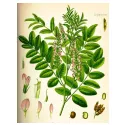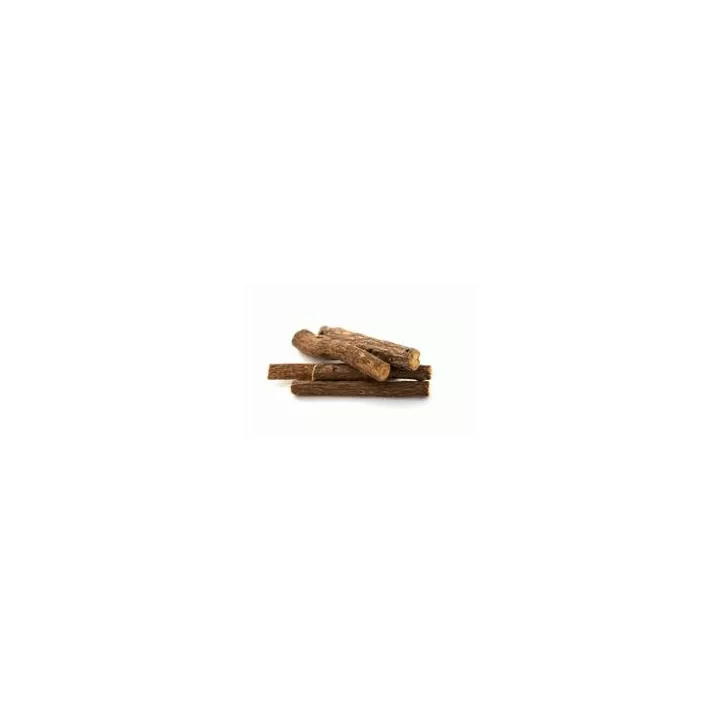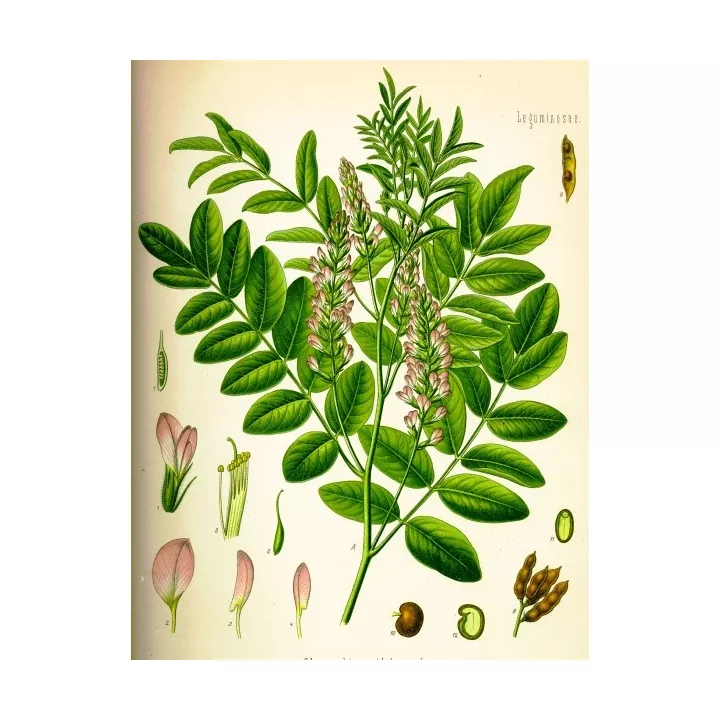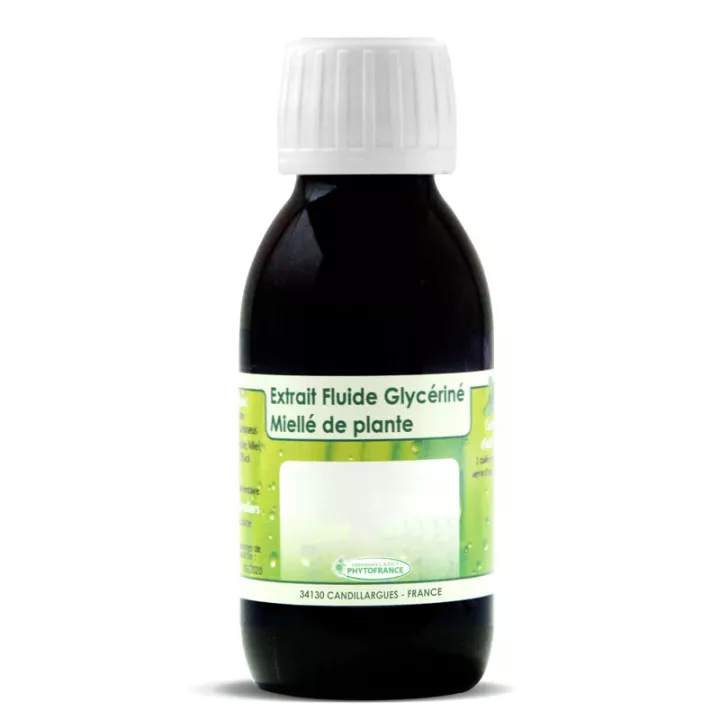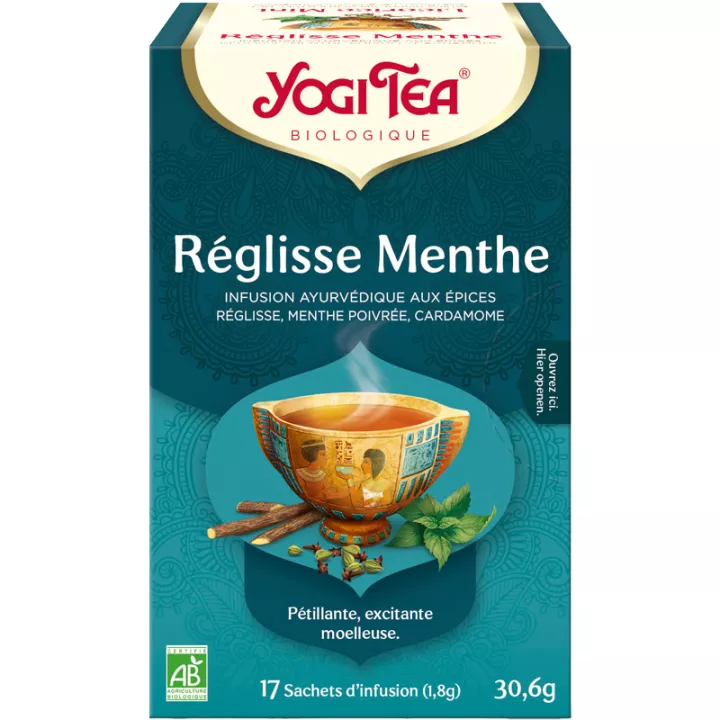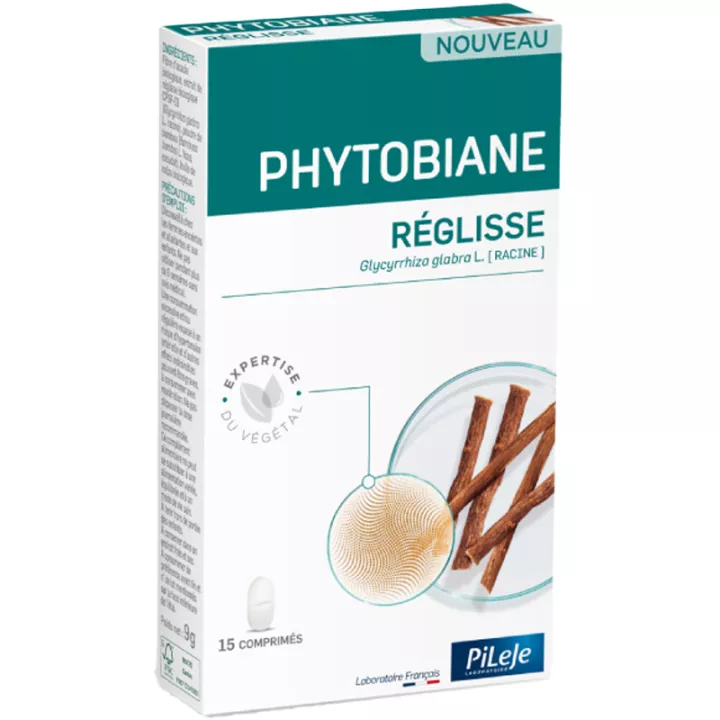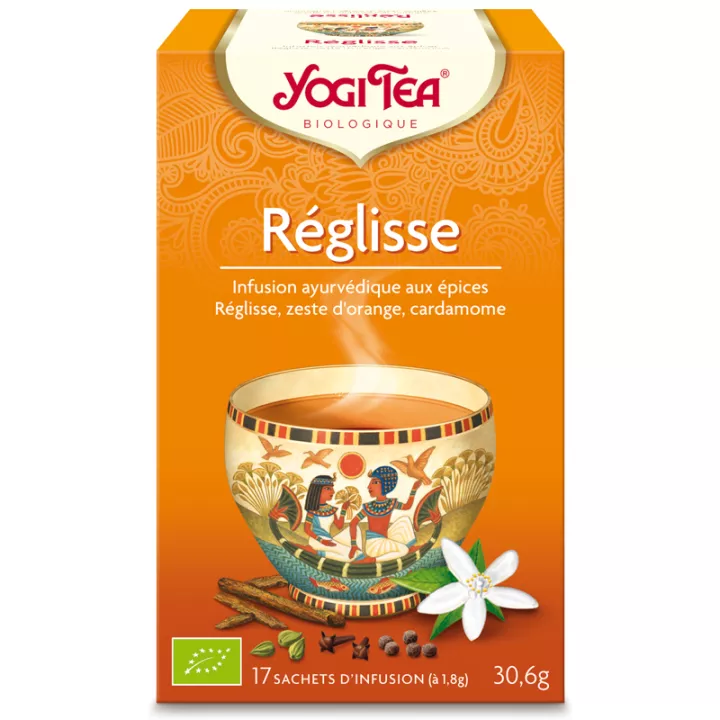What is Licorice Nature - Racine Coupée Iphym Herboristerie used for?
Licorice is much more than just a sweet. Used for centuries for its medicinal virtues, this plant, known by its scientific name Glycyrrhiza glabra, is recognized for its many therapeutic properties. In phytotherapy, licorice root is prized for its anti-inflammatory, antiviral and digestive benefits. Let's find out why licorice should be part of your natural health care kit.
Licorice is widely renowned for its anti-inflammatory effects. Glycyrrhizin, the plant's main active ingredient, reduces inflammation by inhibiting the production of prostaglandins E2, responsible for pain and swelling. This makes it an effective ally for soothing pain associated with chronic inflammatory disorders, such as arthritis, and for relieving digestive pain. By increasing gastric mucus secretion, licorice protects stomach walls, preventing ulcers and heartburn. People suffering from gastritis or gastro-oesophageal reflux disease will particularly appreciate its soothing and protective action.
In addition to its effects on the digestive system, licorice root has powerful antiviral properties. Studies have demonstrated its effectiveness against several types of virus, including those responsible for colds, flu and even the herpes virus. By stimulating the production of T and B lymphocytes, licorice boosts the immune system, helping the body to defend itself more effectively against infection. In winter, a licorice-based supplement can help you stay healthy and fight the first signs of infection.
Licorice is also renowned for its beneficial effects on the respiratory system. Thanks to its expectorant properties, it helps eliminate bronchial secretions, relieves coughs and nasal congestion, and soothes sore throats. Whether to combat a simple cough or to help manage more chronic respiratory conditions such as asthma, licorice is a versatile natural remedy to have on hand.
Did you know that licorice can also have a positive effect on your mental well-being? By regulating levels of the stress hormone cortisol, it helps reduce anxiety and improve mood. The flavonoids present in the root, such as glabrol, have a calming effect, making it an excellent supplement for promoting relaxation and sleep. Incorporating licorice into your daily routine could well be the key to more serene evenings and restful nights.
Externally, licorice is a precious ally for the skin. Thanks to its antiseptic and healing properties, it helps treat skin conditions such as eczema, itching or small wounds. In the oral care field, licorice-based mouthwashes can relieve mouth ulcers and gum inflammation, while leaving fresh breath thanks to its pleasant taste.
Licorice's estrogenic and antispasmodic properties make it a plant of choice for relieving menstrual pain and regulating female hormonal disorders. It can help alleviate cramps, bloating and mood swings, offering natural comfort during this delicate time of the month. Licorice root is a treasure trove of benefits for women seeking to balance their cycle naturally.
The Iphym laboratory also offers Meadowsweet Cut Sommité at the best price in our online pharmacy.
How to use this plant
Directions for use: internal use
To reap the full benefits of licorice root, we recommend that you consume it as an infusion. Here's how to prepare your herbal tea:
- Boil one teaspoon of chopped licorice root per cup of water (150-250 ml) for 5 to 10 minutes.
- Leave to infuse off the heat for 10 minutes.
- Strain and enjoy.
- Drink 3 to 4 cups a day for optimum effect.
Directions for use: external use
To relieve mouth inflammations and benefit from licorice's antiseptic effects, use it as a mouthwash:
- Make a decoction by boiling 200 g of root in a liter of water.
- Reduce by three-quarters.
- Once cooled, use as a gargle or mouthwash.
Give your opinion on the advice for use and dosage of Réglisse Nature - Racine Coupée Iphym Herboristerie with our partner Verified opinions after your purchase.
Precautions for use
At the recommended dosage, licorice is safe. However, excessive or prolonged use can lead to adverse effects such as high blood pressure or heart attacks. ANSES advises not to exceed 10 mg of glycyrrhizin per day, and to limit consumption to occasional, moderate use.
Licorice is contraindicated in the following cases:
- Under 18 years of age.
- Pregnancy or breast-feeding.
- Hypertension, heart, kidney or liver disease.
- Cancer or hormone-dependent diseases.
- Hydroelectrolytic disorders.
- Drug interactions with diuretics, antihypertensives, corticoids, laxatives, oral contraceptives, etc.
Always consult your doctor or pharmacist before taking licorice, especially if you are taking other medications or are scheduled for surgery. Licorice is also not recommended if you are allergic to the plant or to the Fabaceae family.
What does it contain?
Latin name: Glycyrrhiza glabra L.
Family: Fabaceae subfamily Faboideae
Common names : Licorice, sweet wood, sweet root, sweet wood
Parts used: Root
Origin: Mediterranean regions
The root contains starch, sugars, coumarins, sterols, asparagine, triterpenoids, isoflavones, including liquiritine, and saponosides, including glycyrrhizin. In all, licorice root has over four hundred chemical constituents.
Available at
Available in 100 g, 250 g or 1 kg, Réglisse Nature - Racine Coupée Iphym Herboristerie is perfectly adapted to your needs. Choose the quantity you need and enjoy its many benefits with ease.




